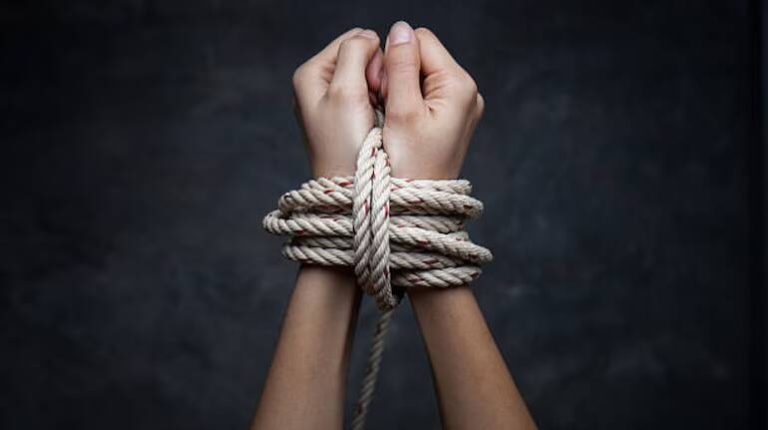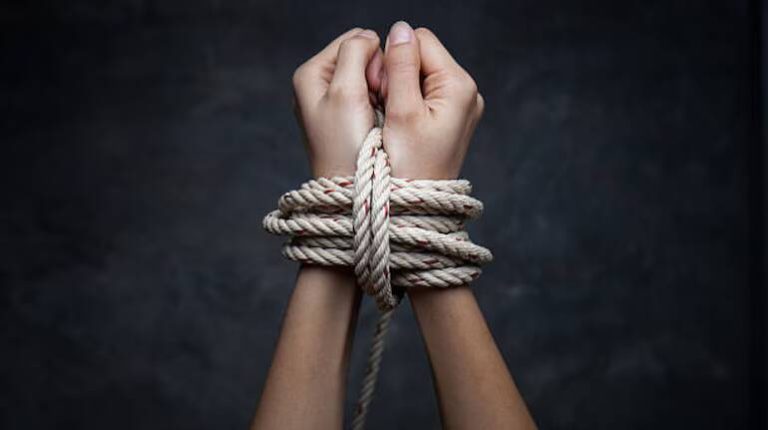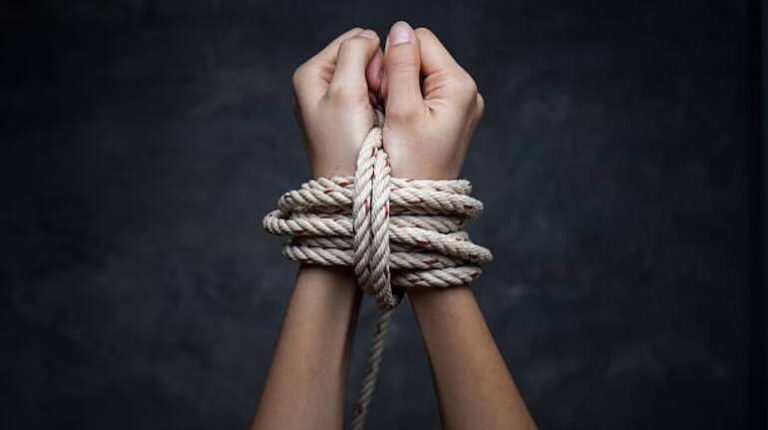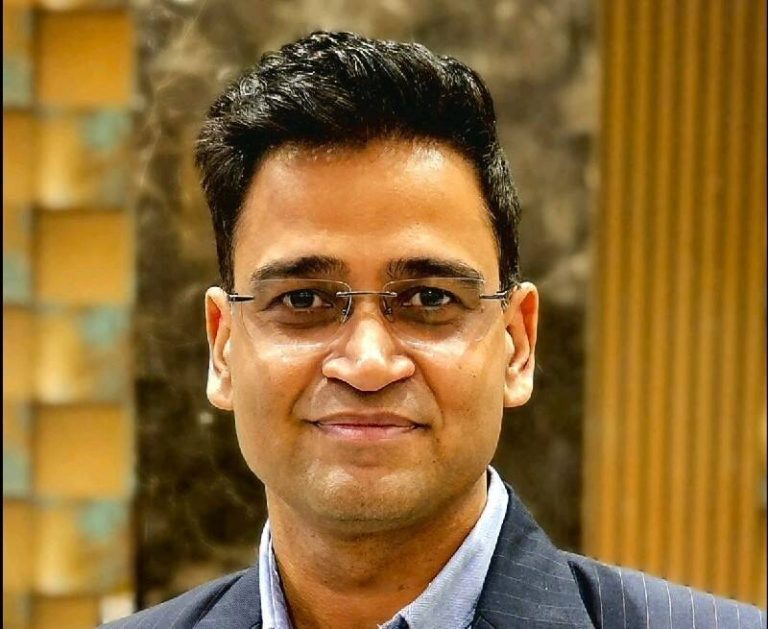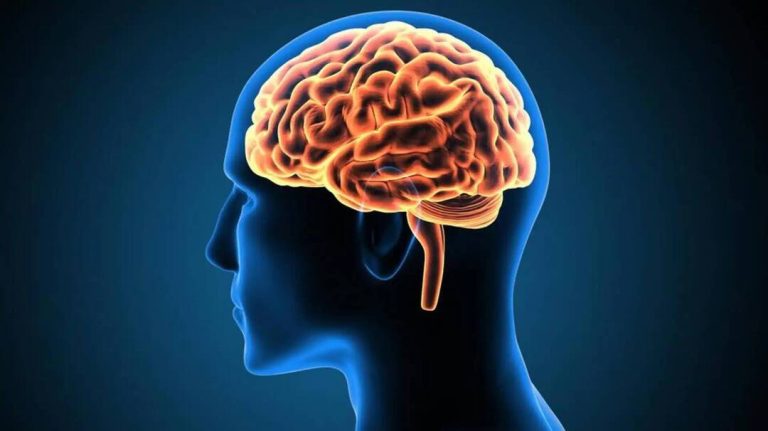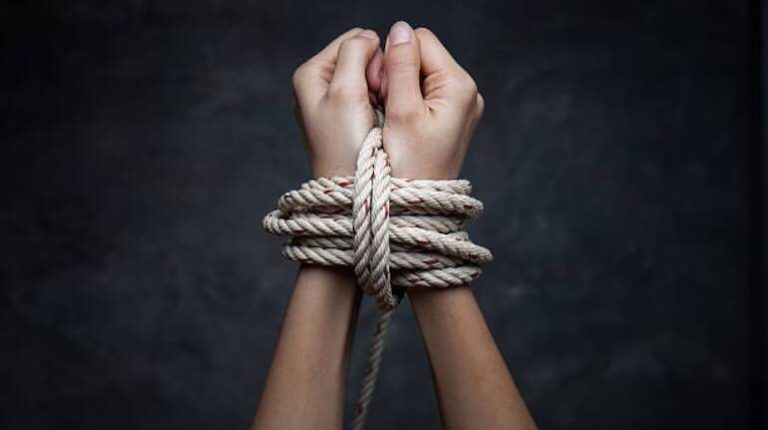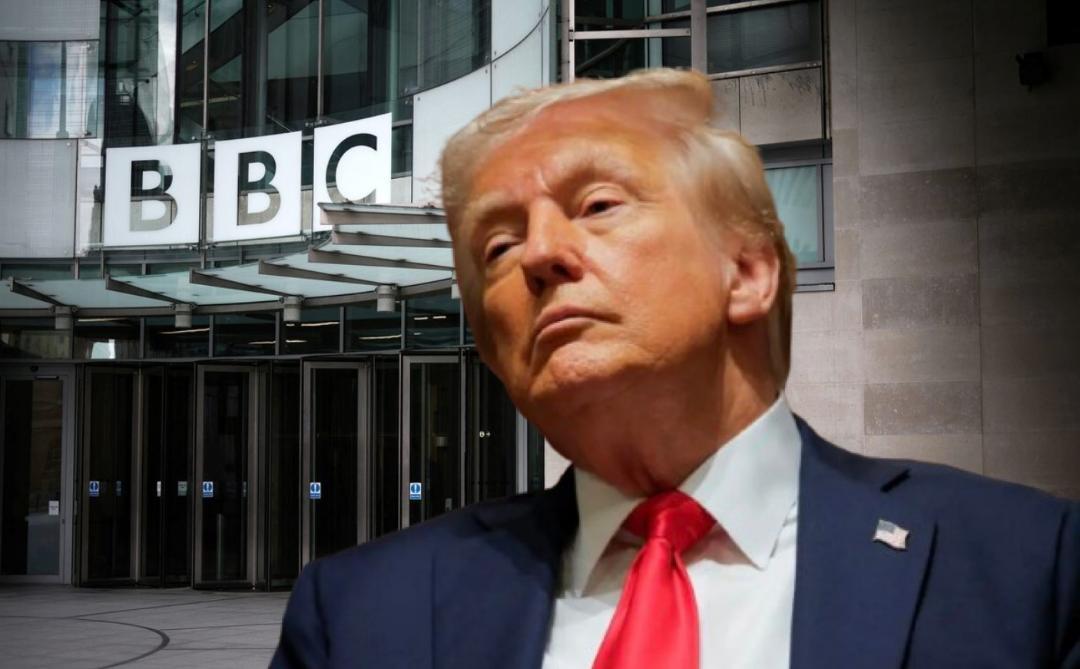
BBC Apologises to Trump for Doctoring his Speech, Rejects his Demand of Compensation
In a shocking turn of events, the British Broadcasting Corporation (BBC) has issued an apology to former US President Donald Trump for doctoring his 2021 Capitol speech in a documentary. The apology comes after Trump’s lawyers threatened to sue the BBC for $1 billion in damages, alleging that the edit gave a misleading impression of the former President’s words. However, despite the apology, the BBC has refused to pay any compensation to Trump, citing that the edit was an honest mistake and not a deliberate attempt to misrepresent his views.
The controversy began when the BBC aired a documentary in 2024 that included a clip of Trump’s 2021 Capitol speech. However, the clip had been edited to make it seem like Trump was calling for violent action, when in fact he had not. The edit gave “the mistaken impression that Trump had made a direct call for violent action”, according to the BBC. The corporation has since admitted that the edit was a mistake and has apologised for any harm or offense caused to Trump.
The apology is a significant move by the BBC, as it acknowledges that the edit was misleading and could have damaged Trump’s reputation. However, despite the apology, the BBC has refused to pay any compensation to Trump, citing that the edit was an honest mistake and not a deliberate attempt to misrepresent his views. The corporation has also stated that it will not show the 2024 programme again, in order to prevent any further harm or offense.
Trump’s lawyers have reacted angrily to the BBC’s refusal to pay compensation, threatening to sue the corporation for $1 billion in damages. The lawyers argue that the edit was a deliberate attempt to misrepresent Trump’s views and damage his reputation, and that the BBC’s apology is not enough to make up for the harm caused. The lawsuit is likely to be a high-profile and contentious one, with both sides dug in and refusing to back down.
The controversy highlights the complex and often contentious relationship between the media and politicians. The BBC, as a public service broadcaster, has a duty to provide accurate and unbiased reporting, and the edit of Trump’s speech was a clear breach of that duty. However, the corporation’s refusal to pay compensation to Trump raises questions about the limits of journalistic freedom and the responsibility of the media to report accurately and fairly.
The incident also raises questions about the role of fact-checking and editing in journalism. The BBC’s edit of Trump’s speech was a clear mistake, and one that could have been avoided with more rigorous fact-checking and editing. The incident highlights the importance of fact-checking and editing in ensuring that reporting is accurate and unbiased, and the need for journalists and editors to be vigilant in their work.
In conclusion, the BBC’s apology to Trump for doctoring his speech is a significant move, and one that acknowledges the harm and offense caused by the edit. However, the corporation’s refusal to pay compensation to Trump raises questions about the limits of journalistic freedom and the responsibility of the media to report accurately and fairly. The controversy is likely to continue, with Trump’s lawyers threatening to sue the BBC for $1 billion in damages. As the situation unfolds, it will be important to watch how the BBC and other media outlets respond to the controversy, and how they balance the need to report accurately and fairly with the need to protect their journalistic freedom.
The incident is also a reminder of the importance of media literacy and critical thinking in today’s digital age. With the rise of social media and online news outlets, it is easier than ever for misinformation and disinformation to spread quickly. The BBC’s edit of Trump’s speech is a clear example of how misinformation can be created and spread, and the importance of fact-checking and critical thinking in evaluating the information we consume.
As the controversy continues to unfold, it will be important to watch how the BBC and other media outlets respond to the situation. Will the BBC be forced to pay compensation to Trump, or will the corporation’s apology be enough to satisfy the former President’s lawyers? How will the incident affect the relationship between the media and politicians, and what lessons can be learned from the controversy? Only time will tell, but one thing is clear: the incident highlights the importance of accurate and unbiased reporting, and the need for journalists and editors to be vigilant in their work.
